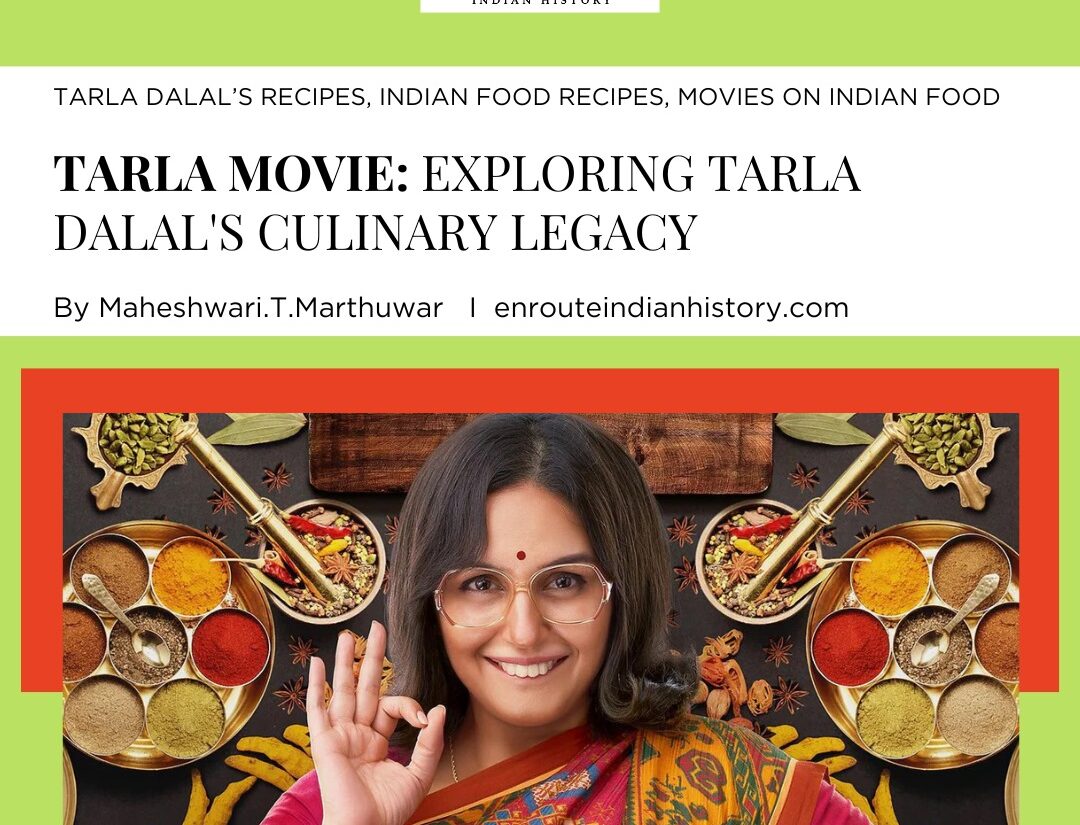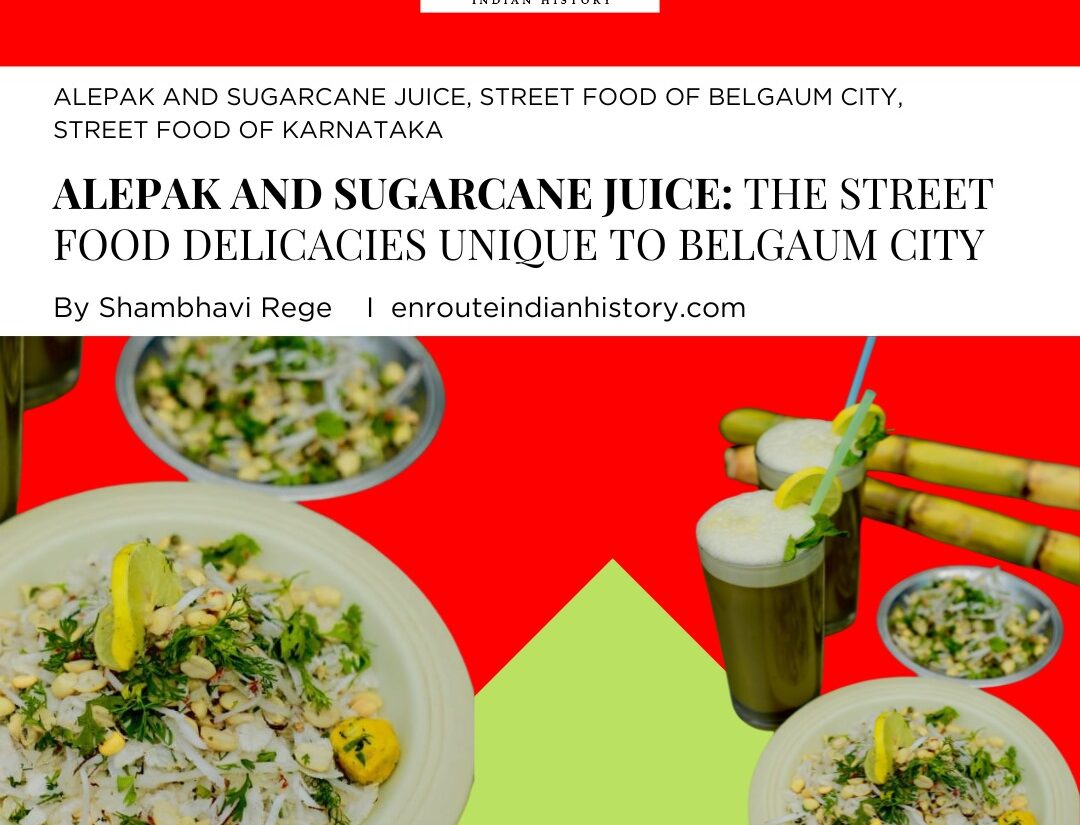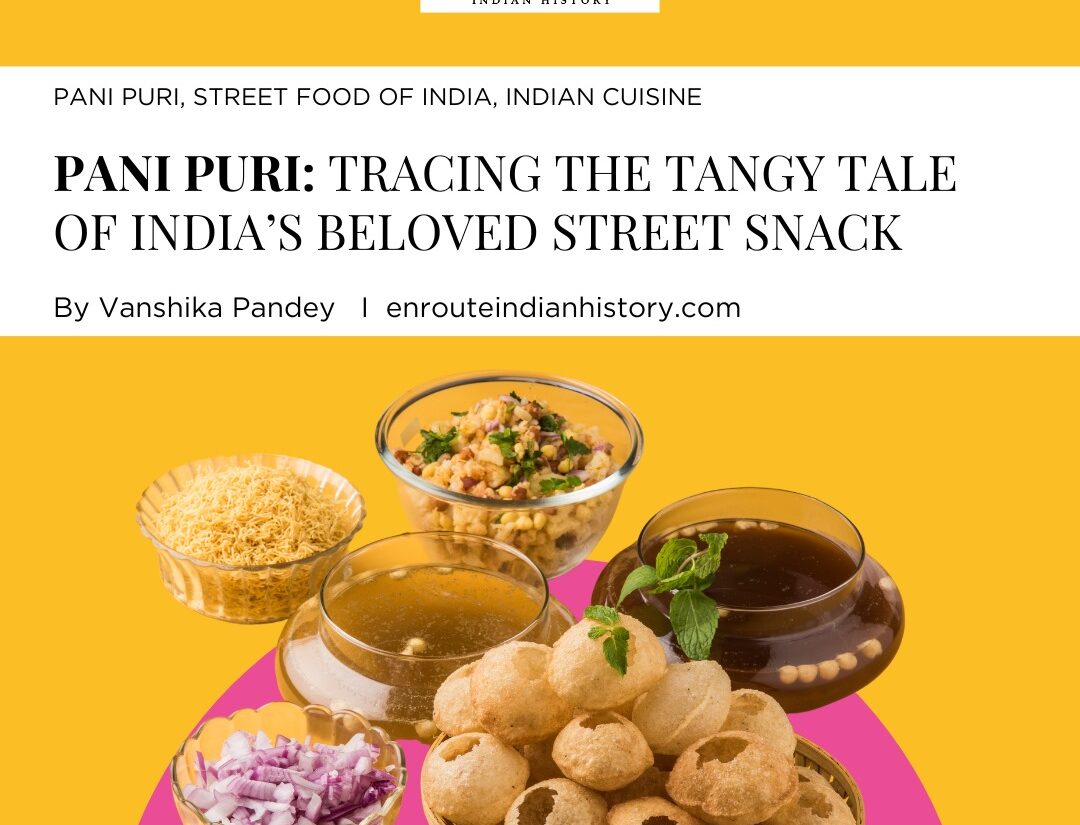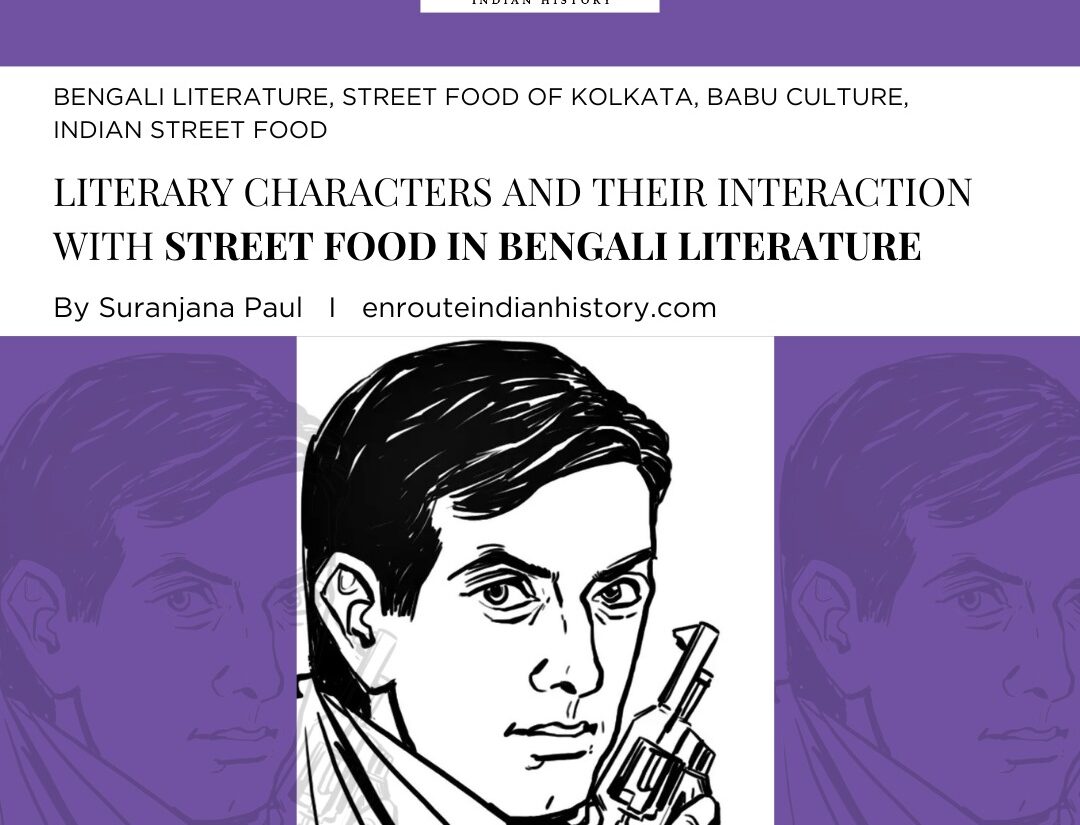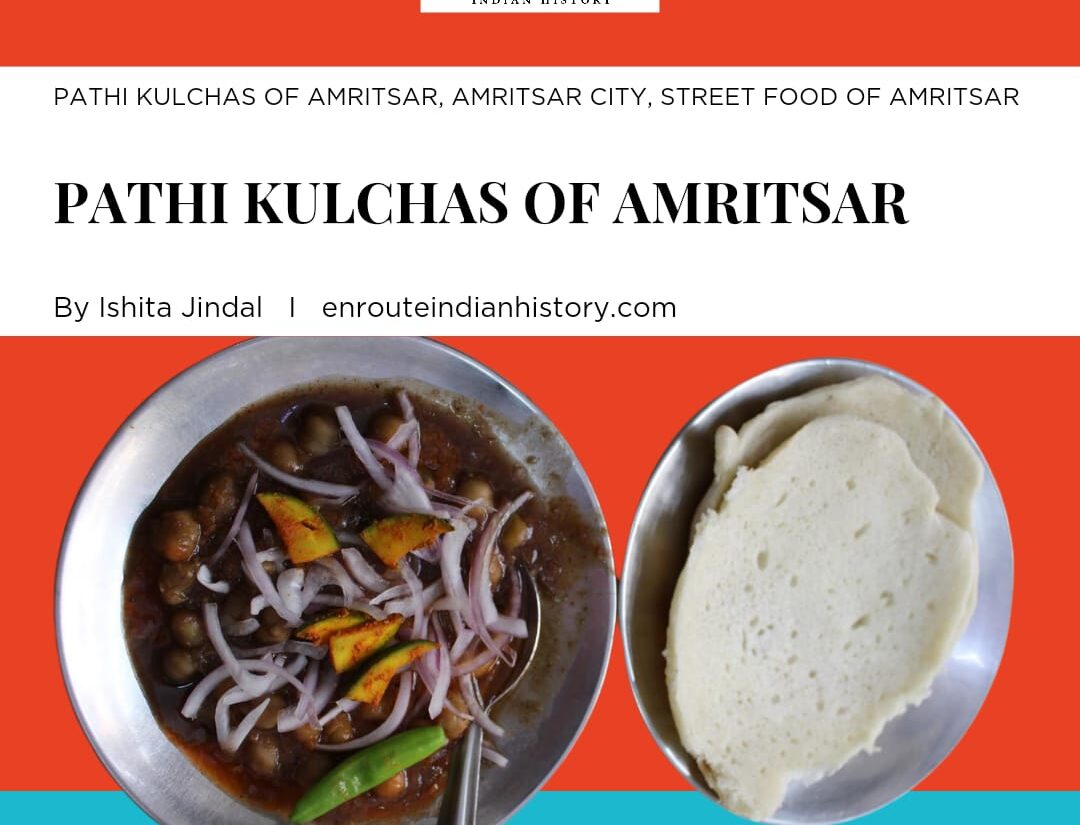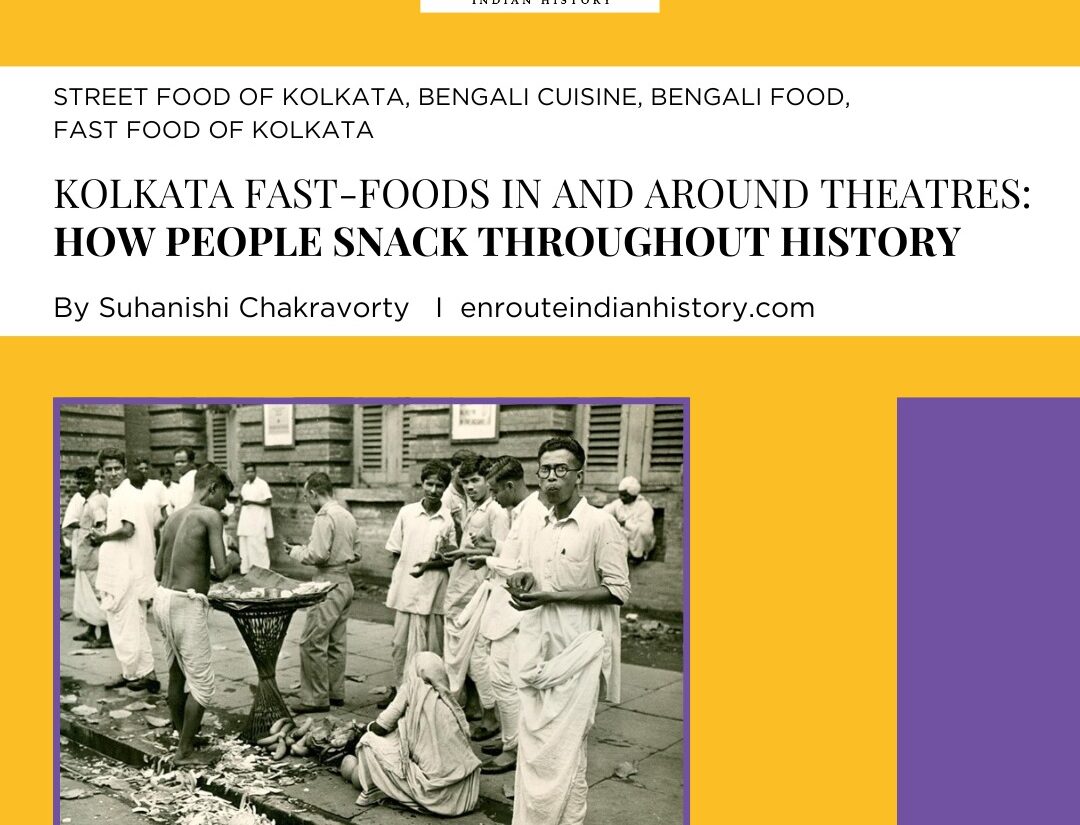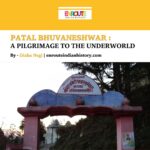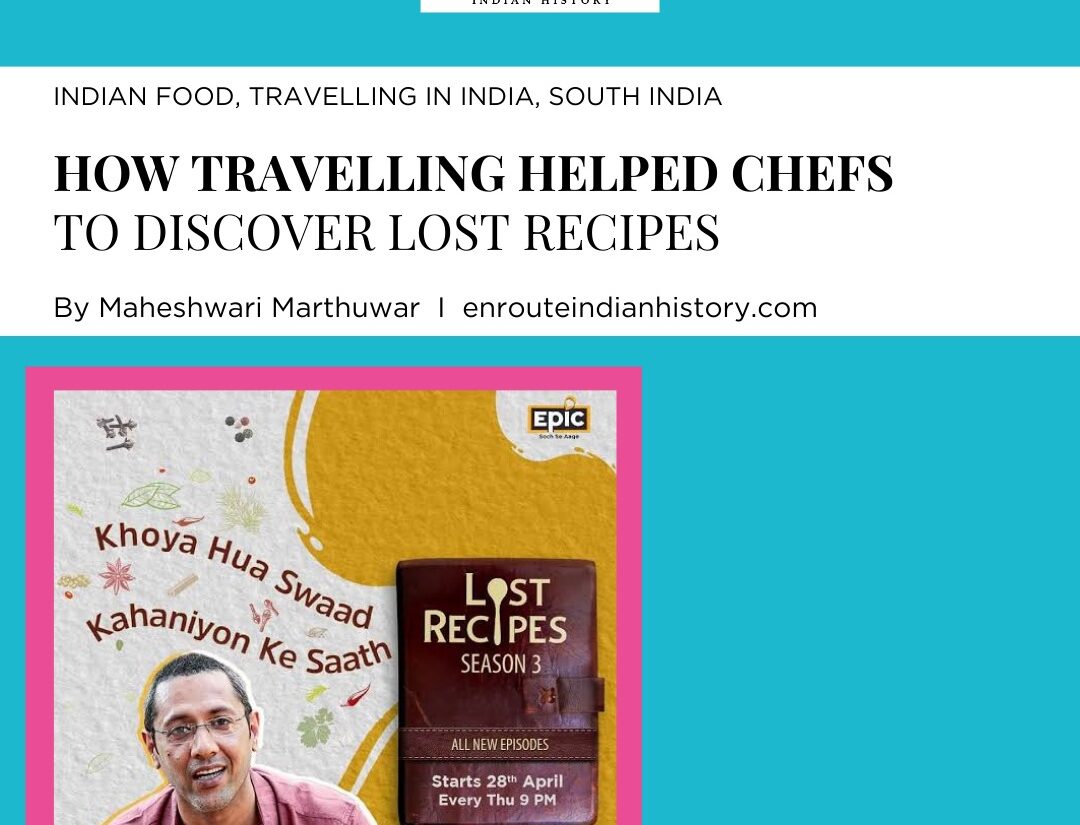
“If your idea of Southern India Cuisine is limited to Idli and Sambar, prepare to have your mind blown, your taste buds tantalized and your appetite whetted! Gear up for another unforgettable gastronomic escapade and exploration journey with India’s favourite intrepid traveller and food aficionado, with Chef’s and Food Bloggers”.
As the nation of India continues to grow in popularity among travellers, it’s no surprise that visitors are gravitating towards the country’s diverse cuisine, which represents a melting pot of cultures, traditions, and flavours. While North Indian cuisine, characterised by dishes like butter chicken and naan, has long been popularised and recognized worldwide, there is much to uncover when it comes to the lesser known Southern Indian cuisine. In recent years, chefs and food enthusiasts have been travelling across Southern India to not only explore its culinary heritage, but also to uncover lost recipes and keep them alive.
Southern India is known for its rich biodiversity, which has heavily influenced the region’s cuisine. From the coastal states of Kerala and Tamil Nadu to the inland states of Karnataka and Andhra Pradesh, the culinary traditions vary greatly, yet all possess a certain depth and uniqueness that sets them apart from the rest of the country. However, with the rise of modernization and globalization, many traditional dishes and cooking methods have been forgotten or replaced with more convenient and popular options.
Recognizing the need to preserve and promote Southern India’s culinary heritage, Chefs and Food Bloggers (Writers) have been embarking on journeys across the region to document and revive Lost Recipes. One such example is British-Indian Chef Romy Gill, who has been traveling and researching extensively to understand the ingredients, techniques, and stories behind traditional dishes. In her recent book, “Zaika: Vegan Recipes from India”, she shares over 100 vegan recipes from her travels across India, with a focus on the lesser known dishes and ingredients from Southern India. Vietnamese-Australian Chef and SBS TV presenter Luke Nguyen spent two months in India to make his latest namesake series.

Luke Nguyen circumnavigates Southern India, discovering the sounds, colours and cuisines of the region, meeting local cooks and chefs, who introduce him to the world of Indian cuisine. Luke is immersed in spices, ancient traditions, and unique locations. Speaking with local cooks and Chef’s, experts and loveable characters who introduce him to the wonderful world of Southern Indian Cuisines. Celebrity Chef Aditya Bal is on a mission to unearth recipes from across India and share them on his show on EPIC Channel that is called Lost Recipes. In its all three seasons, the Chef travelled through different regions in search of recipes and food preparation styles that have been forgotten over time. He travelled all part of Southern India to unearth lost recipes as well as the history behind its creation. In season one of Lost Recipes, Aditya Bal unearths some delectable and unusual recipes. Surrounded by the deep, blue sea on one side and lush green mountains on the other, Uttara Andhra is a living example of how development and nature can coexist in harmony. In this blessed land, you find people so reverent of nature that they ask forgiveness from the trees from which they pluck leaves. In this region immersed in love for all things natural. From chicken pieces steamcooked, wrapped inside mango leaves, to marinated prawns cooked inside a parcel made of teak leaves, these recipes were destined to be recovered. In the second season When Aditya Bal knocks on the doors of Hampi village centuries old some bygone recipes are rediscovered and gain a new identity. Under the shadow of Anjaneya Hill, the birthplace of Lord Hanuman, we gather recipes lost in time, waiting to be found. When Rajmata Chandrakanta Devi lights up the chulha of the abandoned royal kitchen after 250 years, an ingredient as common as the egg becomes special. Further in his journey, Aditya Bal meets Shama Pawar who briefs him about the uniqueness of the Kings of the Kalyani Chalukya Dynasty, who excelled in all the 64 arts of living, including cooking. And, a meetha that seems to be an ancestor of the modern day ‘Gulab Jamun’ is revealed. The City of Hyderabad was founded by the Qutb Shahi dynasty 400 years ago, and as tradition demands Aditya begins his search at the Char Minar, the monument built to create the commemoration of this vibrant city. Captivating nuggets of culture mark this journey for the Lost Recipes from the kitchens of the Nizams and throw up some true gems. An 200 year old recipe for a soup that has up its sleeve 7 different tadkas, a melt in mouth starter that was popular in the Nizami durbar and a dessert so unique it is called Anokhi. Hyderabadi offers a true insight into the refinement and intricacy into the culinary traditions of the past. In the Third season Azure waters lull one into the gentle pace of Puducherry, this happy little town that has for over 2,000 years attracted foreign forces to its shores.
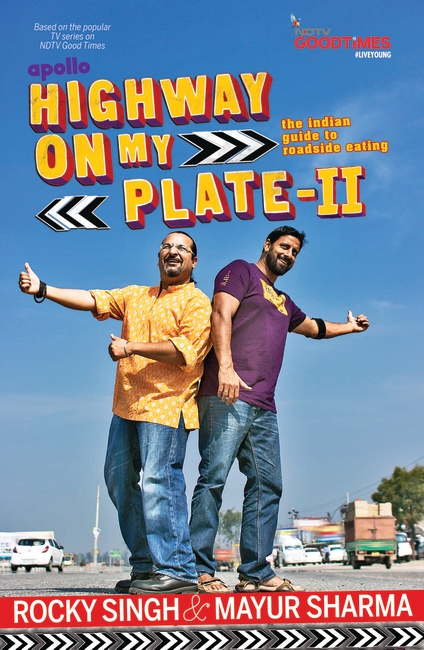
The Romans, the Portuguese, French, Dutch, and English, all have ruled here and the cuisine of Puducherry today is a curious mix of all of these influences as well as local Tamil ingredients. Add to the pot a pinch of Vietnamese spice, and what you have is an incredible bunch of recipes with incredibly enthralling stories behind them, all linked to Puducherrys vibrant past. This episode of Lost Recipes is a colourful voyage in capturing some lovely recipes from Puducherrys bygone days before they disappear into the sands of time.
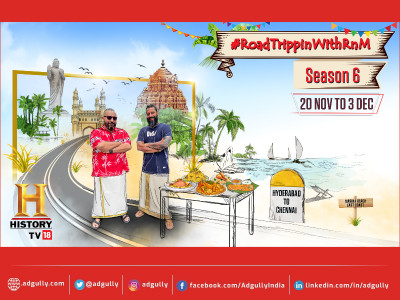
Food connoisseurs, and friends Rocky and Mayur Sharma (Rocky and Mayur) have been unravelling little-known food joints, popular cafes and dishes across the country, through their TV show “Highway on the Plate”, and “Road Trip in with RnM” made the street food culture cool and popular. They travelled around Southern India to unearth different foods not only but also their tangible history. They ventured through Southern India to uncover various cuisines and their rich histories, often visiting local villages and community hubs to delve into traditional culinary practices and spice blends. Renowned Chef Shri Bala was much feted. Now, her journey as a food researcher and chef after quitting her job as a chartered accountant has given her an opportunity that millions of Chefs around the world can only dream of to introduce Celebrity Chef Gordon Ramsay to the complex culinary layers of South India. As part of the all-new season of Gordon Ramsay : Uncharted, featured on National Geographic channel, Chef Ramsay will go to some of the most incredible and remote locations on earth in search of culinary inspiration and learn about the food, culture, and the history behind it all. “In India, they wanted to feature South India and I think they were right about the choice because South Indian food is really underrated and they wanted to show the world how nuanced and grand it can be,” explains Shri.
Apart from Chefs, Food Bloggers and Writers have also been playing a significant role in uncovering and sharing Lost Recipes from Southern India. Through their travels and interactions with local cooks and families, they are able to learn about traditional dishes that have been passed down for generations, but are at risk of being forgotten. Food writer Shoba Narayan has also published a book titled “Monsoon Diary: Reveries And Recipes From South India”, which not only features popular regional dishes, but also introduces readers to lesser known recipes and cooking techniques. Another Writer Srividhya Gopalakrishnan has also published a book titled on “The Essential South Indian Cookbook A Culinary Journey Into South Indian Cuisine and Culture”. Ancient style recipes and cooking techniques. Radhakrishna, a cookbook author and food columnist, is preparing to release her fourth book titled ‘Annapurni: Heritage Cuisine From TN’. ‘Annapurni’ features recipes from various Tamil communities in Tamil Nadu, such as Vellalar Christians, Mudaliars, Muslims, Anglo Indians, Chettiars, and Naidus, presented in a scrapbook style with family photos and around 110 recipes. Radhakrishna intentionally included Naidus and Anglo Indians in the book to showcase the influence of Tamil cuisine on their culinary traditions due to generations of living in Tamil Nadu. The book reflects the historical blending of British and Tamil cuisines, with dishes like ball curry, coconut rice, and Country Captain Chicken. Radhakrishna spent about one-and-a-half years researching and testing each recipe, even In some cases, she even travelled to the homes of people who parted with treasured family recipes. “I went to Coimbatore, stayed with my friend Srivalli Krishnaswami, and learnt her recipes for green coriander rice and tamarind or puli patties,” says Radhakrishna, who has also incorporated many of her mother, Leela Chander’s traditional recipes.
It’s not just about uncovering lost recipes, but also about understanding the cultural significance and history behind each dish. For instance, visiting a Chettinad region in Tamil Nadu means being introduced to a unique cuisine influenced by the Chettiars, a community of merchants who travelled extensively and brought back spices from Southeast Asia. Chef Damu embarks on a journey to rural villages in search of talented cooks and forgotten recipes. While he admits to referring to an old book of traditional recipes, he primarily relies on his travels across rural India for research. The elderly individuals he encounters during these expeditions, known as thaathas and paatis, serve as his inspiration. One memorable encounter was with an 87-year-old lady named Mani Aachi in Kanadukathan village, who taught him how to prepare Kaadai Biriyani. This dish, according to Damu, is one of the best he has ever tasted. Mani Aachi’s secret lies in grinding all the necessary pastes for the Biriyani herself using a traditional roller stone called ammi. Damu believes that the finest South Indian dishes are made using hand-ground spices and shallots. Having visited villages in and around places like Mysore, Cochin, and Nellore, he has had the opportunity to interact with experienced cooks who have honed their skills over several decades. Damu showcases some of the recipes he has learned from them at the upcoming food festival, which will feature dishes from the five South Indian states. Similarly, in Kerala, the coastal cuisine is heavily reliant on seafood – example Ramsay also got an experience of fishing in sea in Kerala, while the cuisine in the inland areas has influences from neighbouring states like Tamil Nadu and Karnataka.

When we talk about country side cooking, we must mention the tools they use for cooking. In fact these are the traditional cooking tools which gives the authentic Southern India Cuisine taste. Nowadays we use electronic equivalent for convenience in cooking. However if we have some time to cook and the tools in hand, then you are about to enjoy a great feast when cooked using these tools. These tools are Ammi Kallu (Sil Batta), Ural (Grinder), Viragu Aduppu (Fire Stove), Saani (Cows Dung), Man Satti (Clay Pot), Kal Chatti (Soapstone Pot), Caste Iron, Brass Coffee Filter, Uruli (mix of handi and a kadhai), Copper Utensils and so on which make food more aromatic spices are blended with the help of this tools and more delicious foods and their tastes, thus techniques used in ancient methods of preparation for cooking process of foods. Present time many Chefs travel to know about the benefits of these tools used in our daily life and also suggest that we use these techniques in our cooking.

The rise in interest and efforts towards exploring Southern India’s culinary heritage is also contributing to the growth of sustainable and responsible tourism. By supporting local businesses and community-driven initiatives, travellers are not only able to have a more authentic and enriching experience, but they are also contributing to the preservation of a region’s cultural legacy.
Southern India’s culinary heritage is a treasure trove waiting to be discovered. Thanks to the efforts of Chef’s, Food Bloggers (Writers), and Travellers, Traditional Recipes and Cooking Techniques that were once at risk of being lost are now being revived and shared with the world. As more people continue to explore and appreciate the diverse cuisines of Southern India, the region’s culinary legacy will continue to thrive and stay alive for generations to come.
Reference
- 10 Traditional Utensils That Are An Essential Part Of South Indian Kitchen. 21st November 2022.
- Ganguly Nivedita, Chef Aditya Bal is rediscovering and documenting forgotten recipes of India, 8th May 2019.
- Join Rocky on a Mission to Unearth the Real Flavours of Tamil Nadu.
- Kannadasan Aklia, Bringing forgotten recipes back : Chef Damu, Published On 29th March 2016.
- Mugatkar Tanmay, The Essential South Indian Cookbook A Culinary Journey Into South Indian Cuisine and Culture (Srividhya Gopalakrishnan), 23rd September 2023.
- Priya Menon, Collection of heritage cuisines from Tamil Nadu to hit stand soon, 17th June 2015.
- Ramsay’s Fun Ride in South India, Gordon Ramsay : Uncharted, National Geographic Channel, 2023.
- Romy Gill, Zaika: Vegan recipes from India, Published On 2019.
- Tamil Traditional Cooking Tools.
- Zachariah Serene Sarah, This CA-Turned-Chef is Introducing Gordon Ramsay To South India’s Food Heritage, Published On 2023.
- May 8, 2024
- 8 Min Read
